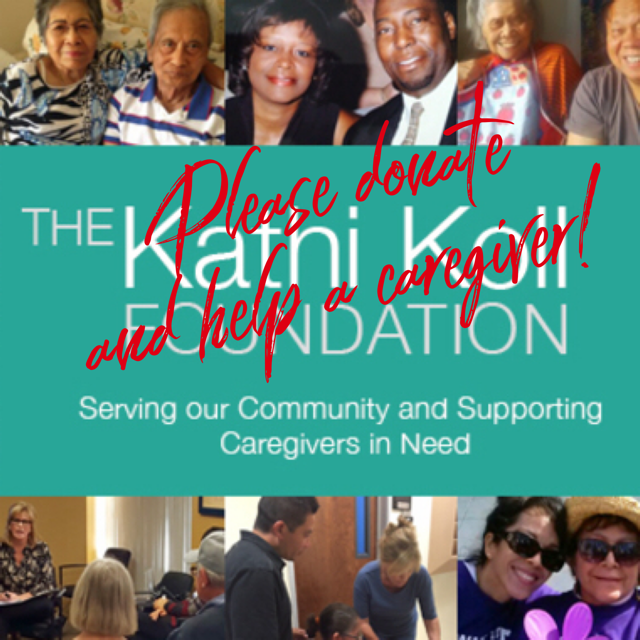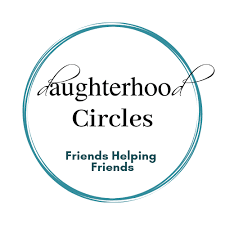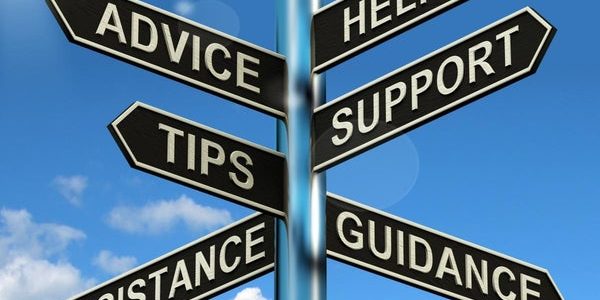Before reading my blog I need your help!
Please consider making a tax-deductible donation today and helping a caregiver in need.
Please go to https://www.kathikollfoundation.org/donate to make a contribution and help a caregiver in need.
Thank You! —Kathi Koll

When I was my husband’s caregiver, I wish I could have more easily connected with others experiencing similar issues. Now, many resources to find support groups exist, and the benefits to the members are immense. Here is a story of one such group; some names have been changed for privacy reasons.
Mark’s 99-year-old mother, who has Alzheimer’s, has been hallucinating and keeps wandering out of her room in the middle of the night.
Sharon’s parents need a ramp to safely leave their home; her father, who has dementia, keeps falling and breaking bones.
Jane’s aging parents live out of state, and she is struggling to support their increasing health issues from across the country.
All three need support and are part of a caregiver group that meets every other month to both share stories and garner recommendations for tackling the myriad problems of ailing family members.
“This group is a lifesaver,” one member, Cori, shared. Two months ago the health of her 93-year-old father, who has Alzheimer’s, deteriorated rapidly. “I was so overwhelmed. Without this group, I would have crumbled up and died.”
With the group, she had both emotional support and practical recommendations.
“To be able to just reach out to someone who has had a similar experience is essential,” Cori noted. “The aging process is so fear inducing, and you feel like you’re all alone with what’s happening. What a beautiful surprise to find out you don’t have to re-create the wheel. I have relied on this group for everything from how to deal with the changing bathroom habits of an elderly parent to how to arrange for the transition to assisted living. I would have no idea how to have gone about it without this group.”

Their particular gathering is a Daughterhood Circle (organized by daughterhood.org), which is designed for the many women around the country who are caring for aging parents, but the group is also open to sons and others who have become caregivers.
In this Beverly Hills, California, meeting, the atmosphere is homey in part because it takes place in someone’s apartment, but also because the leader has created an atmosphere where attendees can relax, be accepted, and talk about whatever is bothering them with people who both understand and can help.
This supportive listening may be the opposite of what they experience in their daily lives as friends and acquaintances may exhibit boredom or actively avoid caregivers who need to talk about the challenging situations in their lives.
When sharing her caregiving issues, “I could clear a room; I really could,” said Kiki Reef, the group’s leader. Her father suffered from Parkinson’s Disease, and although he died several years ago, the raw memories of isolation during her time as a caregiver and the health toll it took on her mother, who developed a severe form of cancer, inspired her to lead the group. “I really could have used something like this.”
If you’re wondering how a support group might help you or someone you love, here are some examples from this recent two-hour meeting.
COMFORT
The sense of being among friends was palpable in the group. No matter which issue was broached, the group’s responses included immediate heartfelt understanding and helpful thoughts in proportion to the speaker’s needs.
First-time attendee Jane, a long-distance caregiver, mentioned in her introduction that she felt like an imposter because her parents lived so far away.
She was immediately assured that she was just like everyone else, trying to care for her parents; she was in exactly the right place. She became slightly teary due to the support, and group member Diane reassured her, “We never get out of here without crying.” The group, including Jane, laughed in agreement.
By the end of the meeting, Jane was obviously at home, able to contribute ideas, and looked both nurtured and uplifted.
MENTAL HEALTH
One of the most confusing aspects of caring for ailing family can be addressing mental health issues, several members said.
For example, Mark discussed his struggles with his mother’s hallucinations. Thus far, he had been fruitlessly attempting to reason with her. The group, which had several members also dealing with parents with Alzheimer’s, advised using the DARE approach—Don’t Argue, Reason, or Educate.
Because people with dementia can no longer reason, normal explanations no longer work, they told Mark. It’s important not to argue, but instead simply agree with her. He said that he didn’t know whether he could agree with her when she mentions seeing someone who isn’t there. But they suggested he give it a try—just listen and redirect her. He planned to do so and see if it helped. He said partly it’s hard for him to “accept that she is no longer the mother that I knew.”
PRACTICAL ISSUES
A number of practical requests were voiced ranging from how to install a permanent ramp to handling a difficult sibling. Travel was another problem for several caregivers. How could they plan a needed vacation while their parents were in such distress? How could they balance the needs of spouses and children with the needs of their ailing parents? How could they get some time for respite?
In each case, the group had a flurry of suggestions, such as asking other family members to step forward or contacting services that provide paid caregivers. Sometimes the problems were incredibly complicated, and yet as the group delved into the situation, possible solutions emerged.
Each attendee seemed buoyed by the experience, and afterwards the leader shared not only how vital the group’s support is to its members, but how she believes our society must provide better aid in general for the legions of unpaid family caregivers.
“There needs to be support,” she said. “It’s immoral to leave people to manage it all themselves.”
To make an online donation to The Kathi Koll Foundation, please click here.


